
Yosemite in all its intimacy: feminist photographer Catherine Opie’s first solo Hong Kong show features western landscapes
Sharp close-ups of features of the California national park, accompanied by unfocused, blurry shots from the same spots, are inspired by the same radical impulse as artist’s earlier representations of oppression of sexual minorities
But be warned. The works chosen for the American photographer’s first solo show in the city are natural landscapes that are thoroughly safe and unobjectionable (unless one takes issue with what Opie describes as the “vaginal” cropping of images of a particular waterfall).
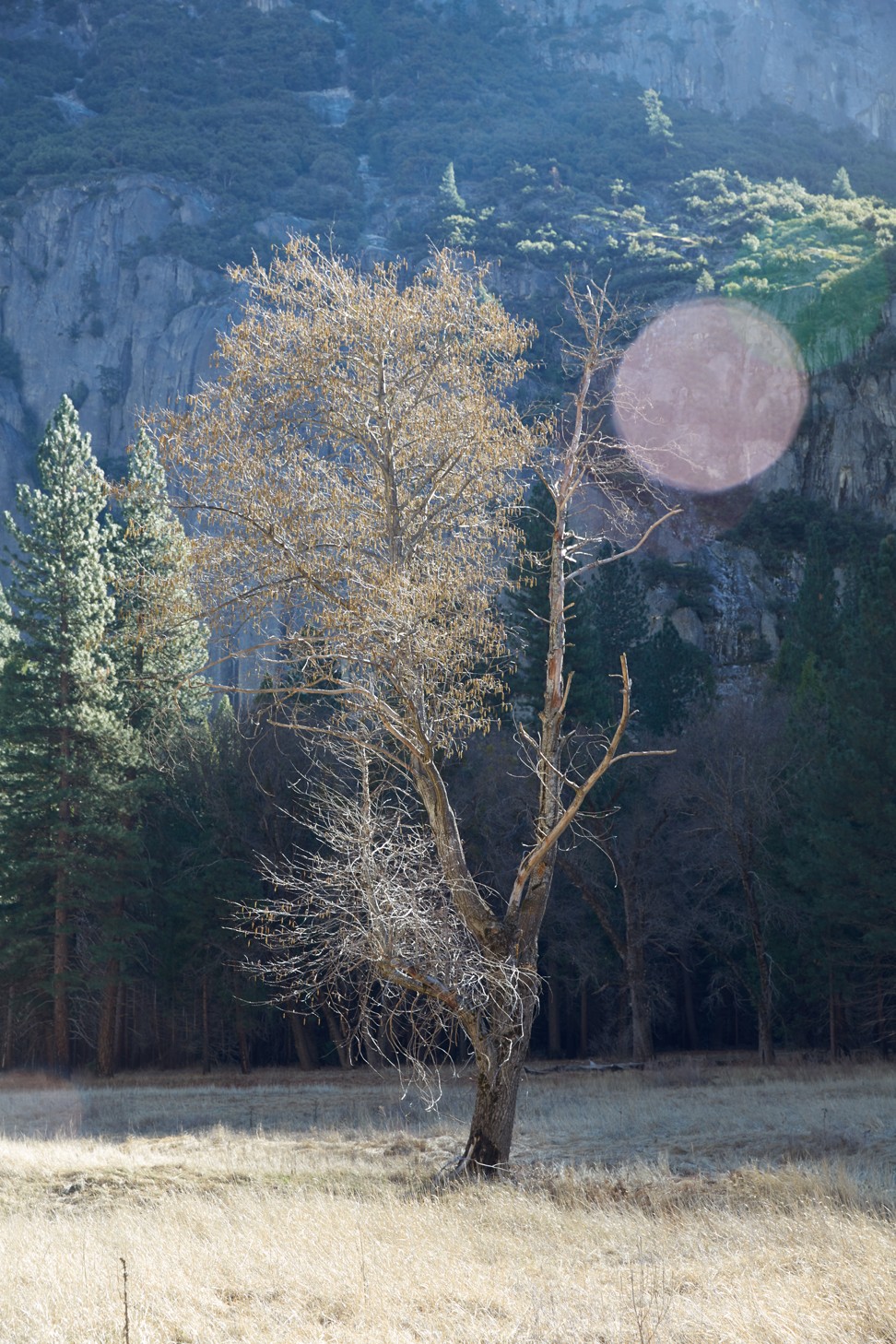
You may feel slightly short-changed if you were expecting some direct reference to the defiance and audacity of her unforgettable portraits (and self-portraits) of the American queer community in the late 1980s and early 1990s. (There is one recent portrait hanging inside the gallery’s office.)
It is not because domestic bliss has made her mellow, says one of America’s most successful lesbian artists. Laid-back and amiable, there is little hint today of the angry radical who in 1993 photographed her own bare back, the blood still seeping out after two female stick figures holding hands in front of a house had been cut into her skin.
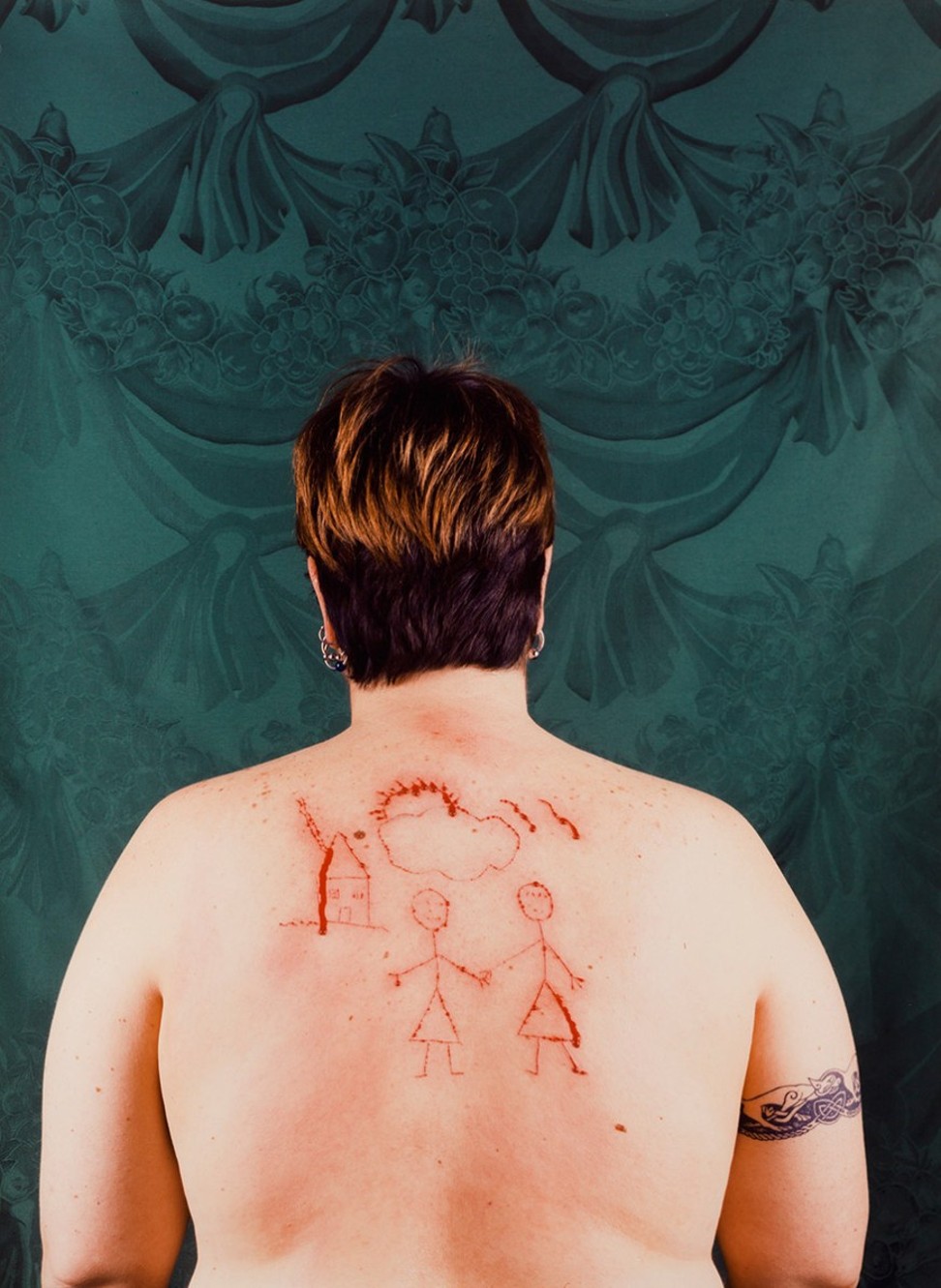
You can’t get a more visceral representation of the pain of being denied a right as basic as living openly with someone you love – a life she thought was unattainable at that time.
Today, she is married to artist Julie Burleigh and the couple have a son, Oliver, together, as well as a daughter from Burleigh’s previous marriage and a grandson. Professionally, she is thoroughly establishment: Opie is a tenured professor at the University of California at Los Angeles (UCLA) and sits on the board of The Museum of Contemporary Art, Los Angeles.
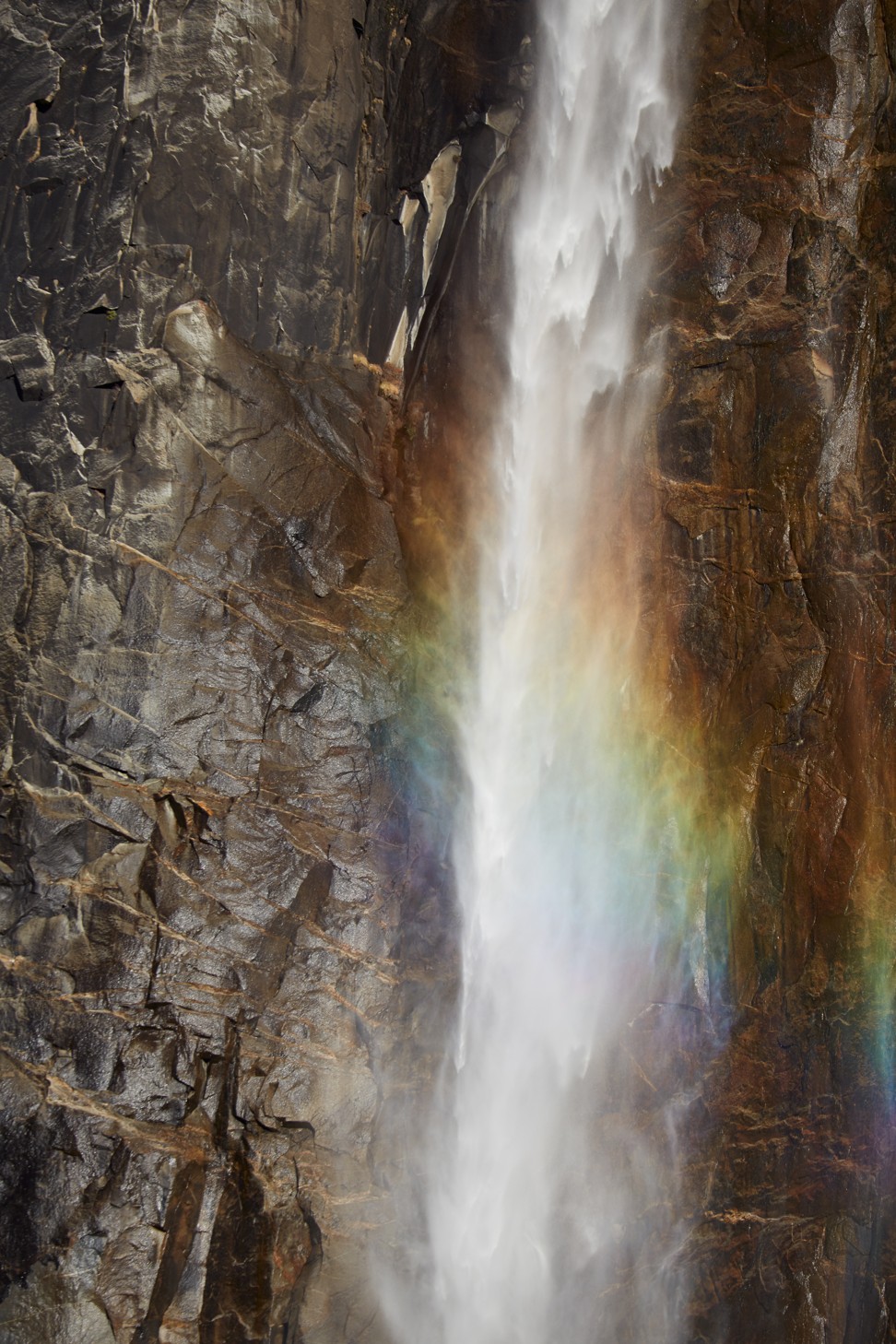
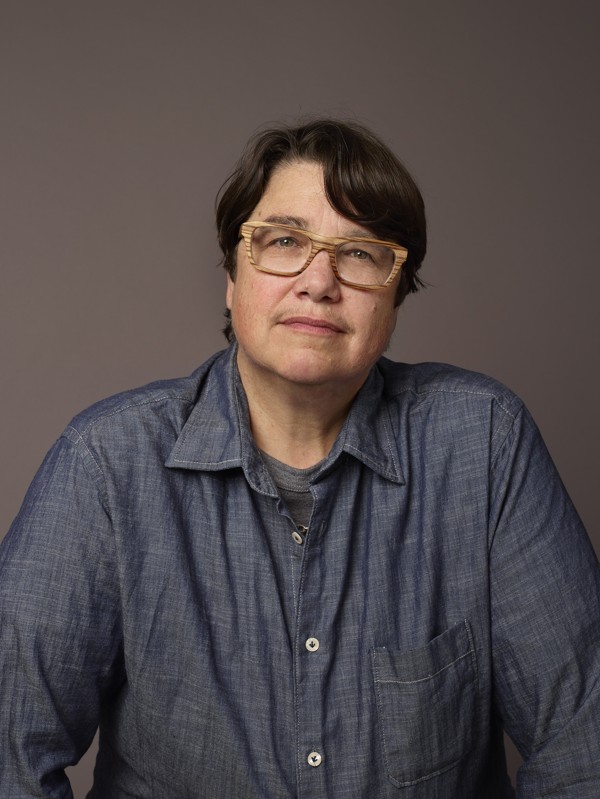
“Raising and having a family definitely changes the way you are with the world, but I don’t think that it has completely changed me. It just keeps me home more. I don't like binaries of normal and abnormal. I don't like the idea that domesticity somehow reflects normality. But [family] has given me a sense outside myself,” she says.
The landscape photographs of California’s Yosemite National Park in her Hong Kong exhibition “So Long As They Are Wild” are the latest examples of a form of photography she has always practised in parallel to shooting portraits.
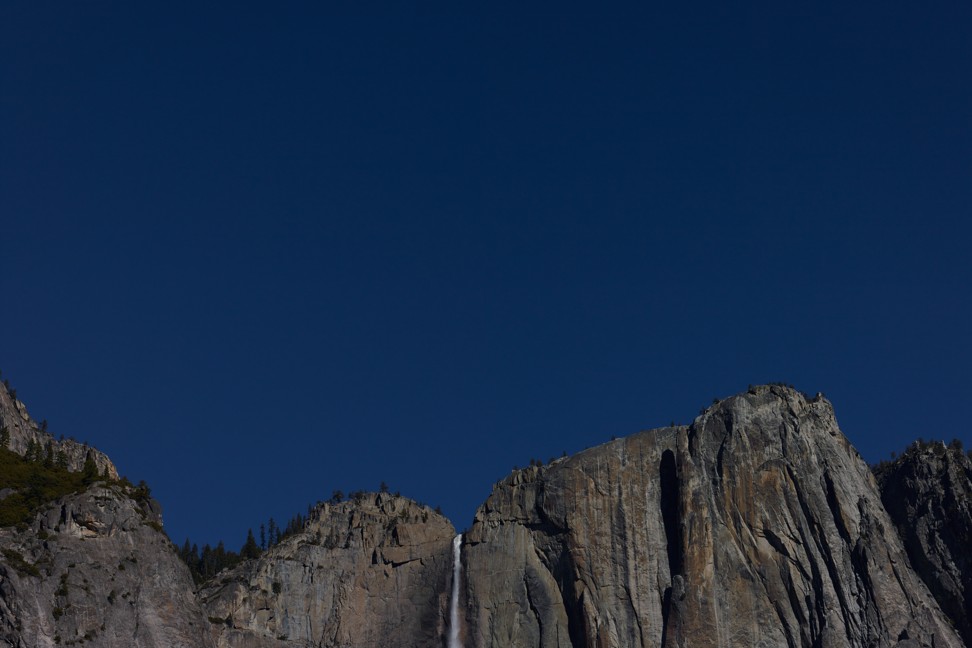
“I've always gone in and out of it because I'm not interested in a singular identity. Everybody has a complicated way of observing the world in regards of how we traverse communities and landscapes,” Opie says.
These images are, in their own quiet way, inspired by the same radical impulse behind her earlier Self-Portrait / Pervert (1994) and Self-Portrait / Nursing (2004). The former is one of the most powerful declarations of pride and dignity on behalf of sexual minorities ever made, with the artist posing bare-chested with the word “pervert” freshly cut into her skin, a row of evenly spaced metal pins piercing each arm and a black bondage hood over her head.
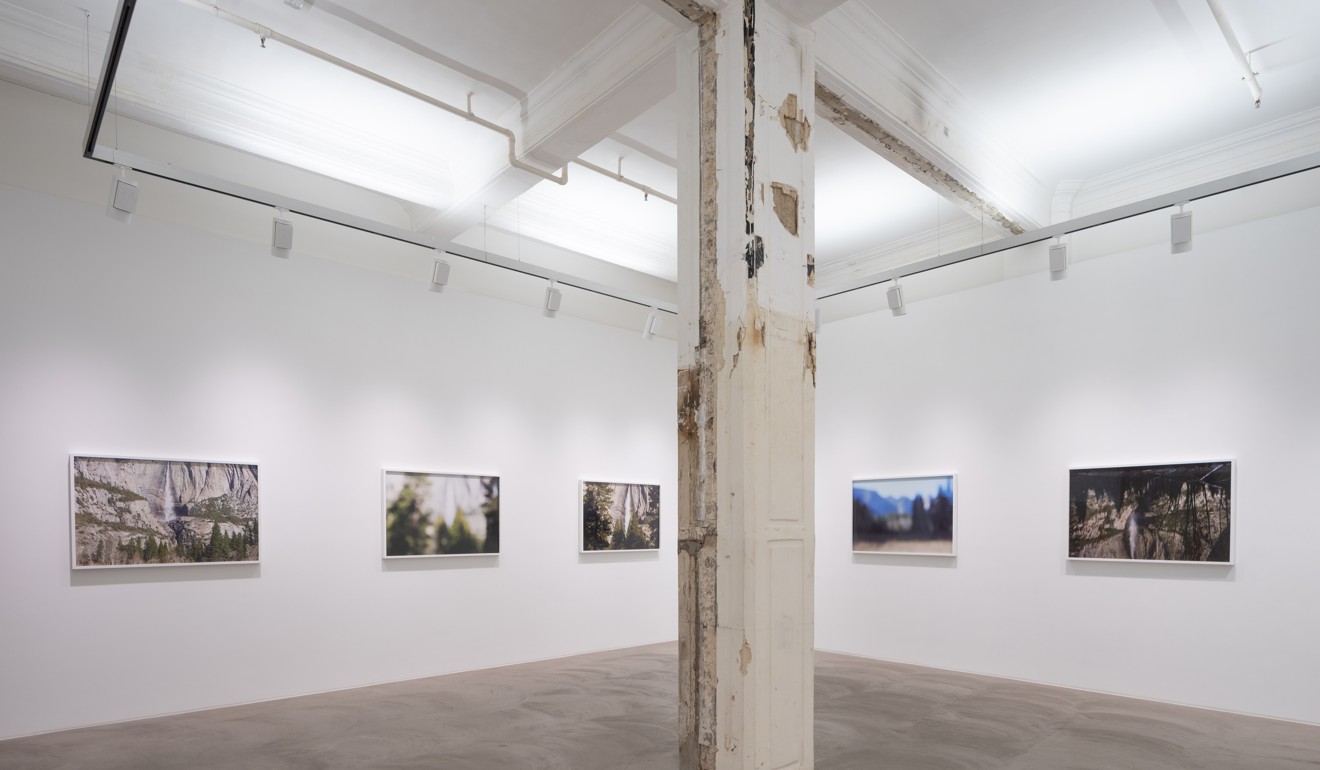
The latter is just as groundbreaking. It shows Opie, who identifies as butch, nursing her son in a classic Madonna-and-child pose.
“I really wanted to re-examine my relationship with the western landscape as a feminist. I have spent most of my life in California and I chose Yosemite because of how iconic it is there,” she says of her untitled 2015 photographs of Yosemite Valley.
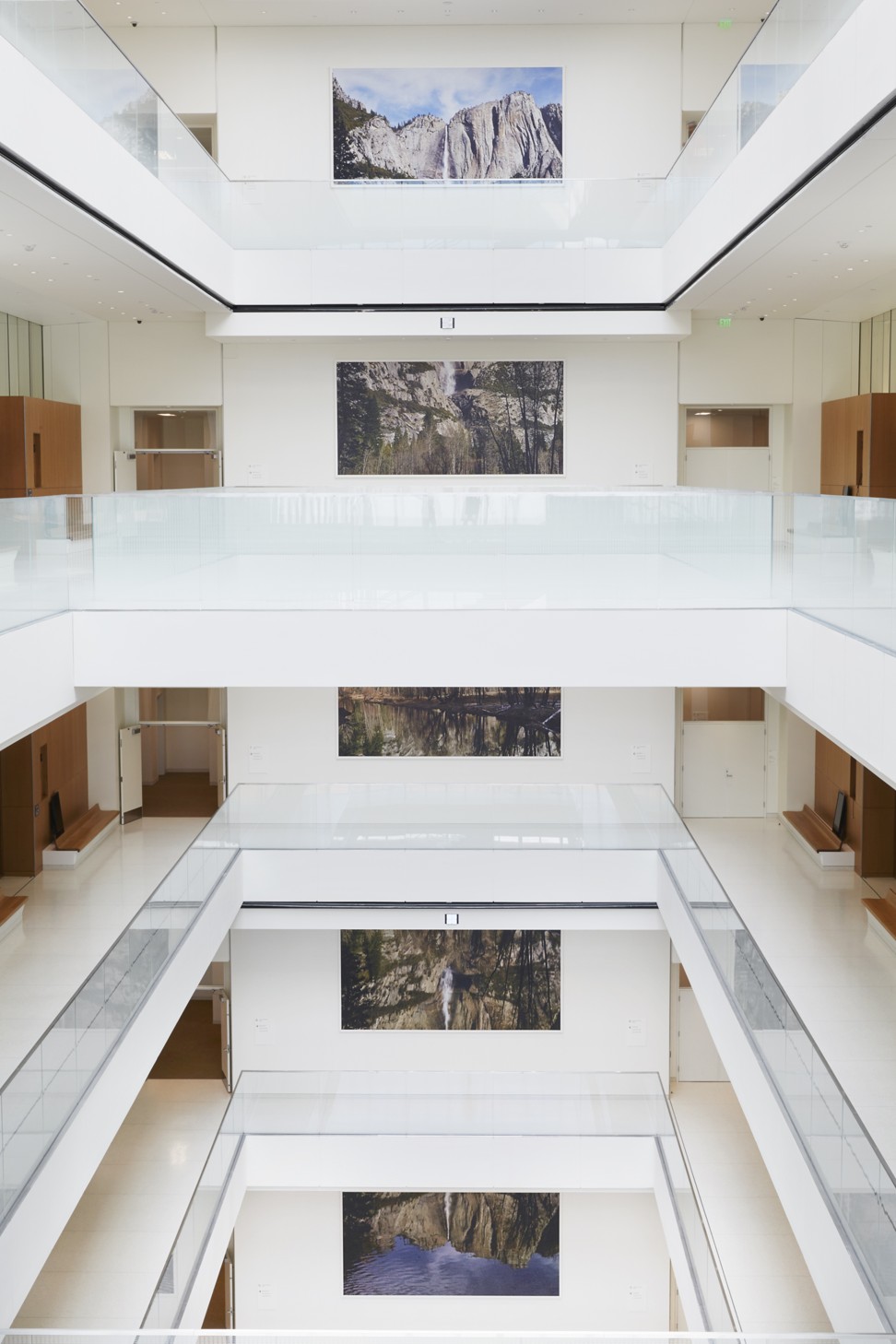
She was initially commissioned to work there by the Los Angeles Federal Courthouse, where large-scale prints of different shots of a waterfall in Yosemite are displayed in a six-storey atrium.
The photos at Lehmann Maupin include very sharp close-ups of undefined features, such as a waterfall, a tree, and a lake that suggest a wilful rejection of the Half Dome, a prominent rock formation in the Yosemite park. These are accompanied by unfocused, blurry shots from the same locations, and images hung upside down.
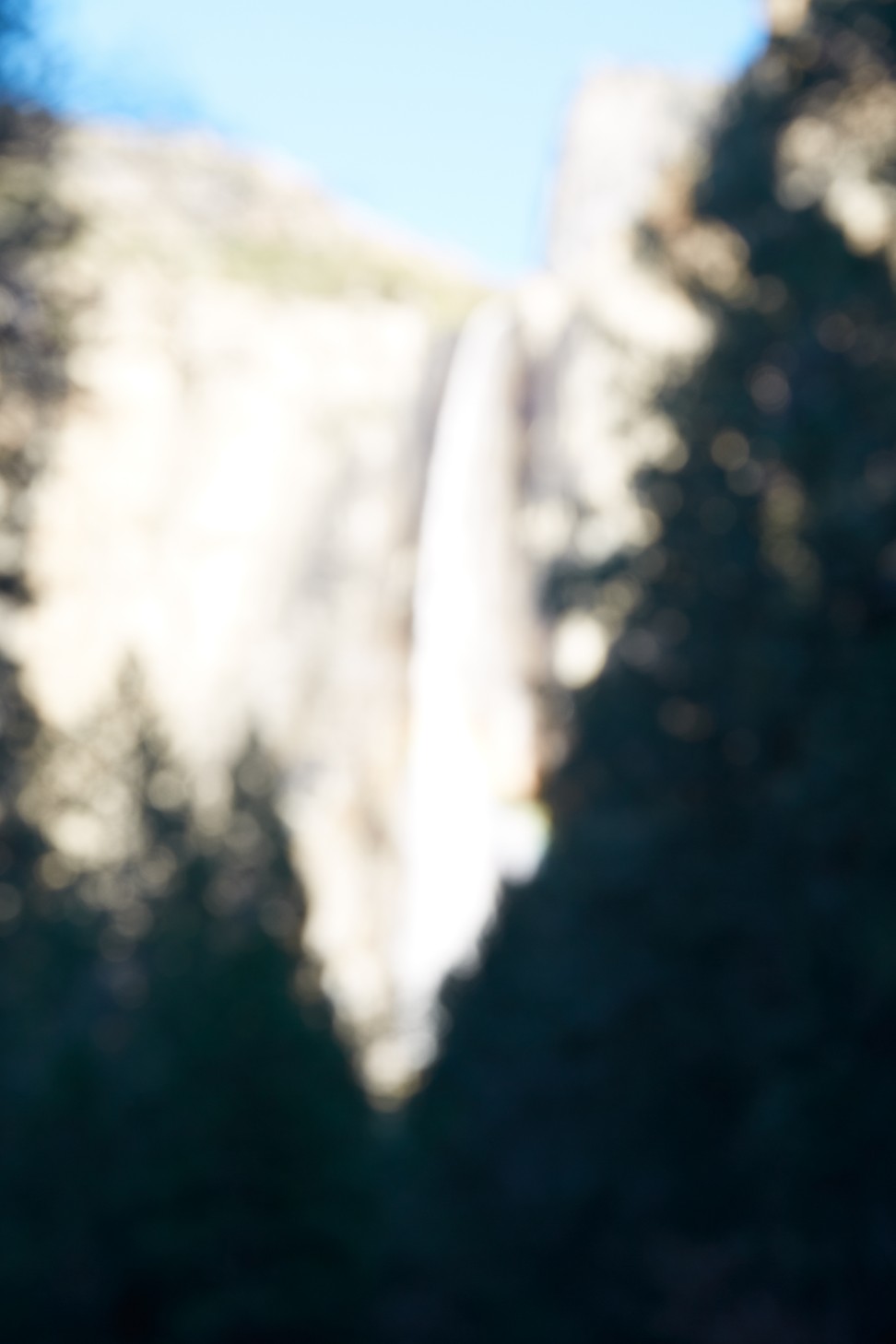
“The male lens of Ansel Adams and Carleton Watkins [is] so pervasive. With my photos, there is a sloppiness that the formal lens of male photography wouldn't have allowed. This wall showing the waterfalls is highly vaginal to a certain extent.
“I ask for an enormous amount of intimacy in these works that a man would only ask for when thinking about a nude woman within a landscape. So I am asking you to think of wetness and reflection,” she says.
I really wanted to re-examine my relationship with the western landscape as a feminist
It is also her reaction to today’s Instagram culture. She wants the audience to spend time looking at, and to question the images. “I don't really Instagram. I feel lame about it. But this is how the body of work started.”
She says these and her recent portraits are more reflective than her earlier work. Before, she took photographs of herself and her friends as an act of protest during the anti-Aids era when conservative politicians and the mainstream queer community denounced BDSM practitioners as perverts.
“It was a protest. It was reactionary,” she says. “And it was utterly important. There was so much silencing in the 1980s and 1990s. We had Aids decimating my community.”
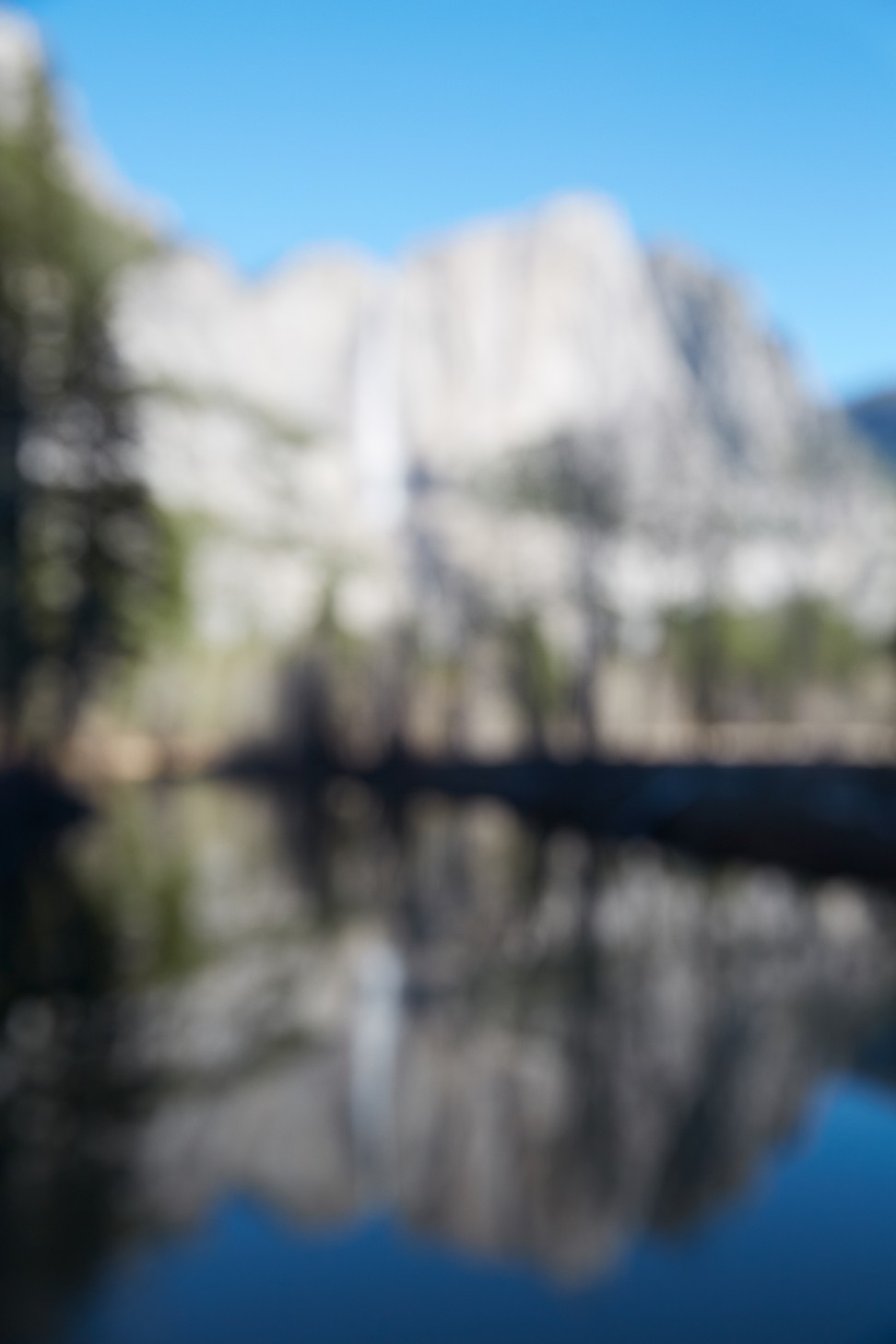
Now, at the age of 57, her changing relationship with her own body has become a new source of fascination.
There is a group of small ceramic tree stumps in the gallery that have never been shown before. “These stumps are my ageing body. This is representing this phase, which is menopause,” she says, unwittingly evoking the statement earlier this month of a deputy governor of the Bank of England, who had to apologise for using menopause as a metaphor for the slowing UK economy.
She explains her own, unflattering portrayal of the menopause by saying that, for most women, sexual desire does lessen with age, and that she finds herself spending more time contemplating mortality.
“But I also like the fact that the stumps keep on living and green shoots will sprout,” she adds.
Catherine Opie – So long as they are wild, Lehmann Maupin Gallery, 407 Pedder Building, 12 Pedder Street, Central, Tue-Fri, 10am-7pm, Sat, 11am-7pm. Until July 7.

